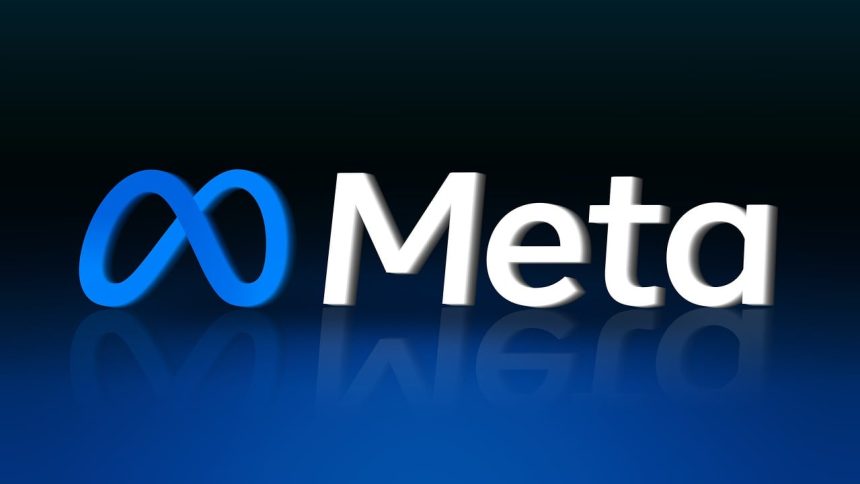Meta and Apple hit with hefty penalties over Digital Markets Act violations
Tech giant Meta has fiercely criticised the European Commission following a €200 million fine for breaching the EU’s Digital Markets Act (DMA), calling the penalty a “multi-billion-dollar tariff” designed to penalise successful American companies.
The European Commission imposed fresh fines on both Meta and Apple on Wednesday. Apple was handed a €500 million charge for failing to comply with new rules around app stores. Meta, meanwhile, was penalised for its controversial “pay or consent” advertising model, which regulators claim breaches consumer choice and transparency.
“The European Commission is attempting to handicap successful American businesses while allowing Chinese and European companies to operate under different standards,” said Joel Kaplan, Meta’s Chief Global Affairs Officer.
He added, “This isn’t just about a fine; the Commission forcing us to change our business model effectively imposes a multi-billion-dollar tariff on Meta while requiring us to offer an inferior service.”
Meta confirmed it will appeal the ruling. Kaplan’s remarks align with those made by US Federal Trade Commission Chair Andrew Ferguson, who recently described the DMA rules as “a tax on American firms.”
Apple has also pushed back against the Commission’s decision. Spokesperson Emma Wilson stated the ruling “unfairly” singles out the tech company. “The decisions are bad for the privacy and security of our users, bad for products, and force us to give away our technology for free,” she said.
Wilson added that Apple will also challenge the decision and continue discussions with the Commission in support of its European customer base.
Teresa Ribera, EU Competition Chief, defended the bloc’s actions, describing the penalties as “firm but balanced enforcement” based on clear legislation. “All companies operating in the EU must follow our laws and respect European values,” she noted.
The Commission maintains that the DMA is essential to ensuring a fair digital landscape across Europe, aimed at curbing monopolistic practices by large tech platforms.
The fines have reignited transatlantic tensions, with Washington officials voicing concerns over what they perceive as discriminatory regulation targeting US firms. Meanwhile, Brussels continues to press forward with its digital agenda, positioning itself as a global leader in tech governance.
With appeals now in motion, the clash between Silicon Valley powerhouses and European regulators is far from over. As both Meta and Apple gear up for legal battles, the broader implications for tech regulation, consumer rights, and international trade remain under close watch.






